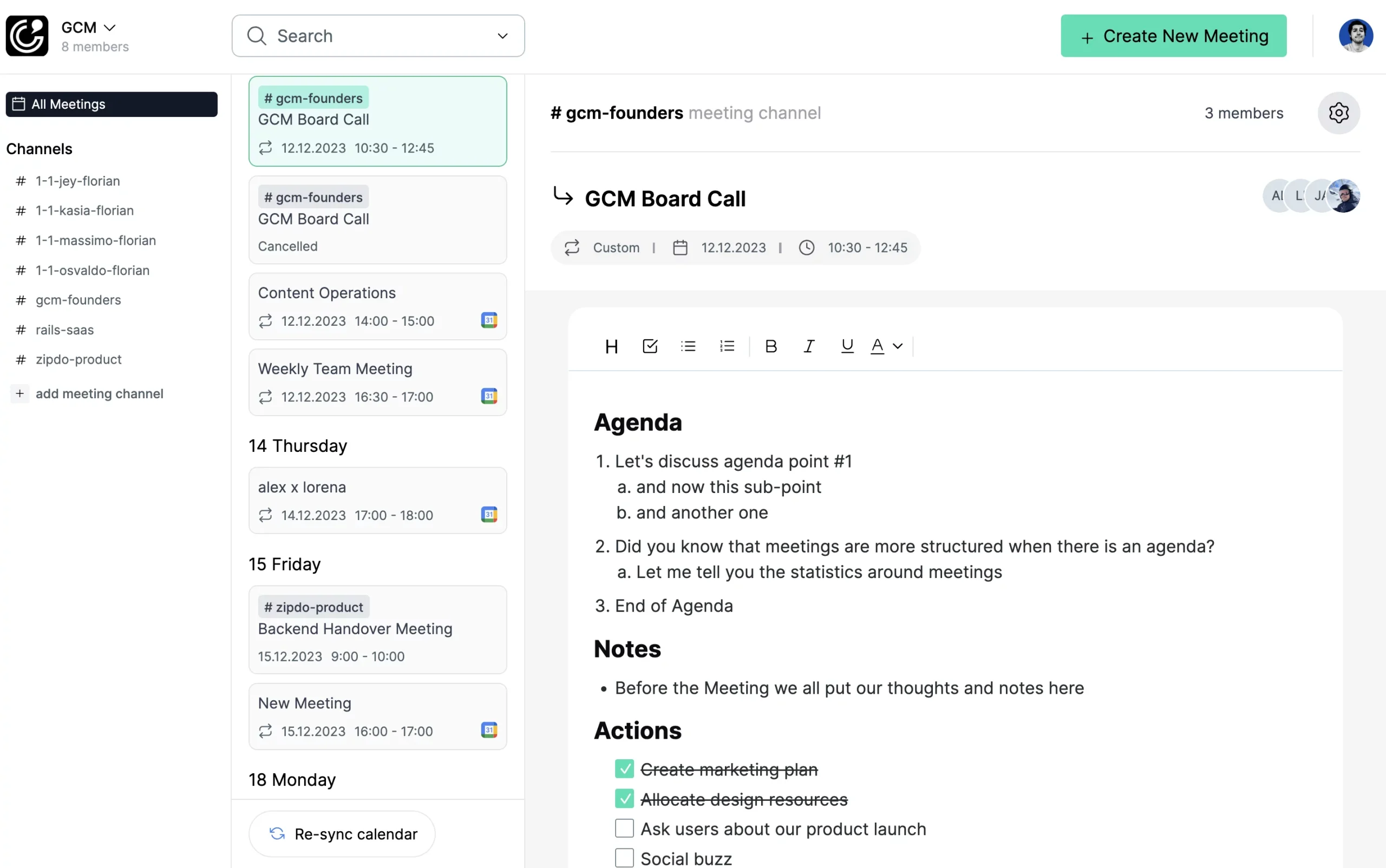Excessive meetings in the workplace lead to two major issues: employees feel frustrated spending a large part of their day in meetings, and it poses a cost problem for companies, as too many meetings can be expensive. Our Meeting Cost Calculator clearly demonstrates that too many meetings are a significant issue, and the statistics we have compiled on meetings also show a clear picture.
In this article, we’ll offer new perspectives on this topic. We’ll explore the problems causing an excess of meetings and provide strategies for companies, team leaders, and managers to address this issue.
Why do we have too many meetings at work?
Let’s look at the problem first. We’ve distilled 5 reasons for too many meetings at the workplace.
Reason Number 1: Meetings are easy
If I need to exchange information from a to b, I can use text, video or phone to deliver my message. Most people are not comfortable writing text or recording videos. Meetings are the easy way out and for the majority of people, they work really well. This is why meetings are also a standard communication tool and they are also justified – because complex decisions cannot be made without meetings. More on that later.
Reason Number 2: People like Meetings
Yes, people actually like meetings. Have you ever had the chance to work a couple of days completely without any meetings? If so, you might know that it will get “boring”. Social interaction is a key part of doing work. Besides that, people are often unsecure. With meetings, they can get immediate feedback from their managers and avoid mistakes. Lastly, meetings make you feel productive even when you are not. This is an easy way out for many people.
Reason Number 3: Managers like Meetings
Meetings remain an effective control mechanism. Some managers perceive conducting meetings as a core aspect of their role, believing it’s integral to effective leadership. These managers rely on meetings for crucial insights and decision-making. However, they may not be aware of alternative management methods or fear excluding team members.
Reason Number 4: Meetings are the Standard
Meetings have been there for a long time. And they won’t go away anywhere soon. Without meetings, it wouldn’t be possible to run a company (for most people). However, if there are too many meetings within a company, it can kill the entire productivity. Many organizations default to scheduling meetings for any issue, big or small, without considering alternative communication methods like emails, memos, or messaging platforms. Many managers and employees are not trained in running efficient, effective meetings. As a result, meetings can often be unstructured, lack clear objectives, or go off-topic, leading to wasted time and resources.
Reason Number 4: Culture
Over-Inclusiveness, status, cultural mix-up between being busy and being productive, resistance to change and learn new ways of working, Lack of Autonomy and Empowerment, you name it.
There are many reasons why we have too many meetings and there is no simple solution to solve them. One of the big problems with meeting culture is, that there is nobody responsible for meeting efficiency. Nobody is measuring it, nobody is solving it. The CEO has many other problems at the top of his to-do list.




